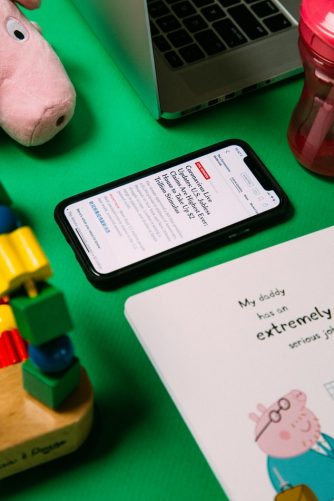The recent pandemic (Covid-19) has impacted education systems in universities around the world. The impact has been dramatic for institutions, academics, and students looking for workable short term solutions for online teaching and learning. The unique challenge facing higher education encouraged DEN to look for opportunities to stay in contact with students using online facilities. Through the academic initiative, we invited students to meet and organise feasible and appropriate projects at this time. Using Inside Westminster we have agreed that students will write an article and or provide a 5 minutes video of their reflection and experience of Covid-19. We have encouraged students from all over the world to express their stories and share them with each other, hoping that this would provide a channel not only to learn but also to engage with each other. Hence, the following articles in this section are students’ reflections/experiences of Covid-19.
I think we don’t often appreciate the fact that we are in the middle of the largest work from home experiment in the history of the world. We were not programmed for this, and it shows. The damage of confinement varies depending on the demographic.
I am a ‘knowledge worker’, employed at a think tank in India. Unlike ‘essential’ workers, I still have a job and am not at high levels of risk to the virus on a daily basis. I also am not married and do not have kids. All of this puts me in a position of privilege, but still, coping has not been easy.
Earlier in April, Bloomberg reported that the pandemic workday is three hours longer compared to our lives before. Instead of working from home, we have begun living at work. In my experience, the reason this has happened is because of the lack of friction.
Let me explain. In a world without corona, we had dedicated work spaces (offices) that we needed to be at to get work done. It was a handy tool for our minds to compartmentalise. We would engage with our work lives at the office and be stressed about it when we came back home. The commute between home and work was friction between how our lives existed.
The pandemic took away both of those things from us. We no longer have an office or a commute that would instil friction in our lives. Instead, we live where we work and boundaries have begun to fade. In addition, meetings have moved online. And since you are at home, you are expected to attend most of them, even if they fall well outside your working hours. The Zoom fatigue is real, and for the foreseeable future, is here to stay.
Earlier in March, I was working with Dr. Shambhavi Naik on a piece about the role that technology has to play in helping us adapt to the new normal. One of the first things she considered was the impact this was going to have on mental health. This specially holds true for people who are working and still have kids at home. Thanks to gender roles, the impact of this is felt disproportionately by women.
As mentioned above, it has been relatively easier for me to cope with the impact of confinement. But in this case, not being married with kids is a privilege. It has allowed me to focus on creating friction between my work and personal life. It is ironic I am arguing this while typing this on to my word processor at ten in the night. However, building systems that allow me to transition between what our work needs us to do and what our families need is going to be crucial.
I recently read that you are supposed to survive a pandemic and not thrive during it. In a world where our habits and lifestyle has been uprooted, we need to build systems to survive. And that begins with managing confinement and being conscious of the impact it has on your me
Rohan Seth, University of Westminster Alumni, Politics and International Relations, 2014-2017
